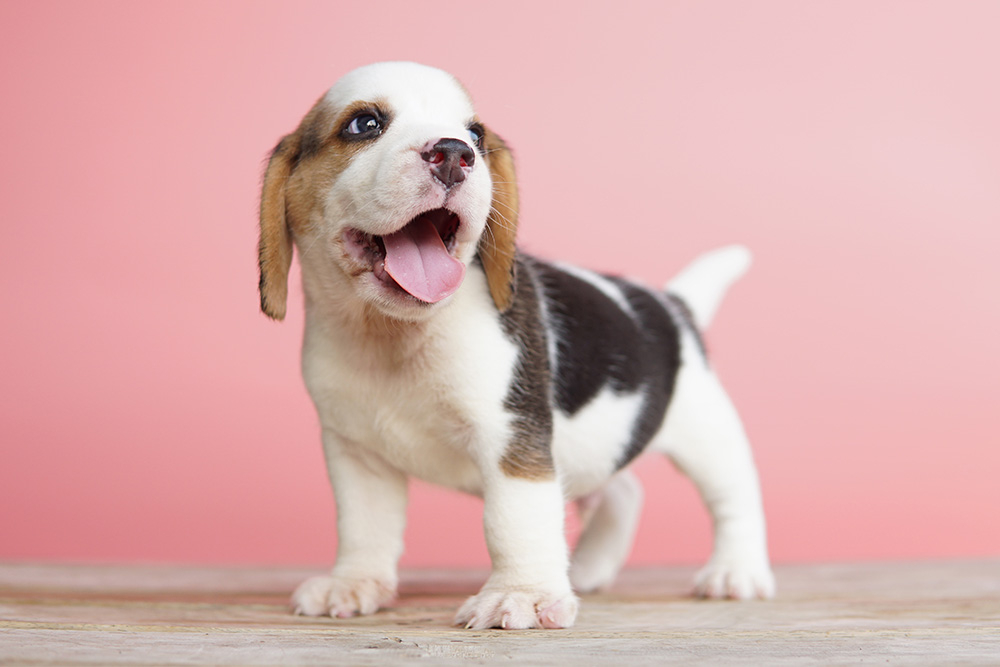Havanese
Recognizing these differences is vital to providing a dog with a long, happy, and healthy life and developing a strong bond between a dog and its owner. So, what are Havanese dogs?
They have a specific look, past, and necessities in regard to health and interactions. These dogs are unique and one-of-a-kind. So, let’s learn more about this breed. Wondering if a Havanese is the right dog for you? Let’s find out.
Appearance
Havanese – These will quickly steal your heart with their looks as one more small darling breed. The actual long stabilized coat is of interest. Doggy looks so fluffy, and you want to pet or cuddle them. The fur of this breed comes in various color combinations: white, black, cream, and a lot of other colors. Additionally, the fur can be naturally hair-wavy, making the dogs resemble curlies. The long, thick fur makes Havanese look like little stuffed animals. The dogs have warm, friendly faces. Their expressive, dark eyes give them a charming look.
Havanese are small dogs, which is why they do not appear aggressive! It is a toy breed. They have a medium build with a long torso. The pads on the paws are typically colored like the nose, but some can be multicolored. They have long, droopy ears that are heavily furred and a medium-length tail held high or curled over the back. The Havanese is a joyful and lively companion and a dependable dog. If this breed appeals to you appearance-wise, then research their personality and requirements before purchasing that adorable little Havanese.
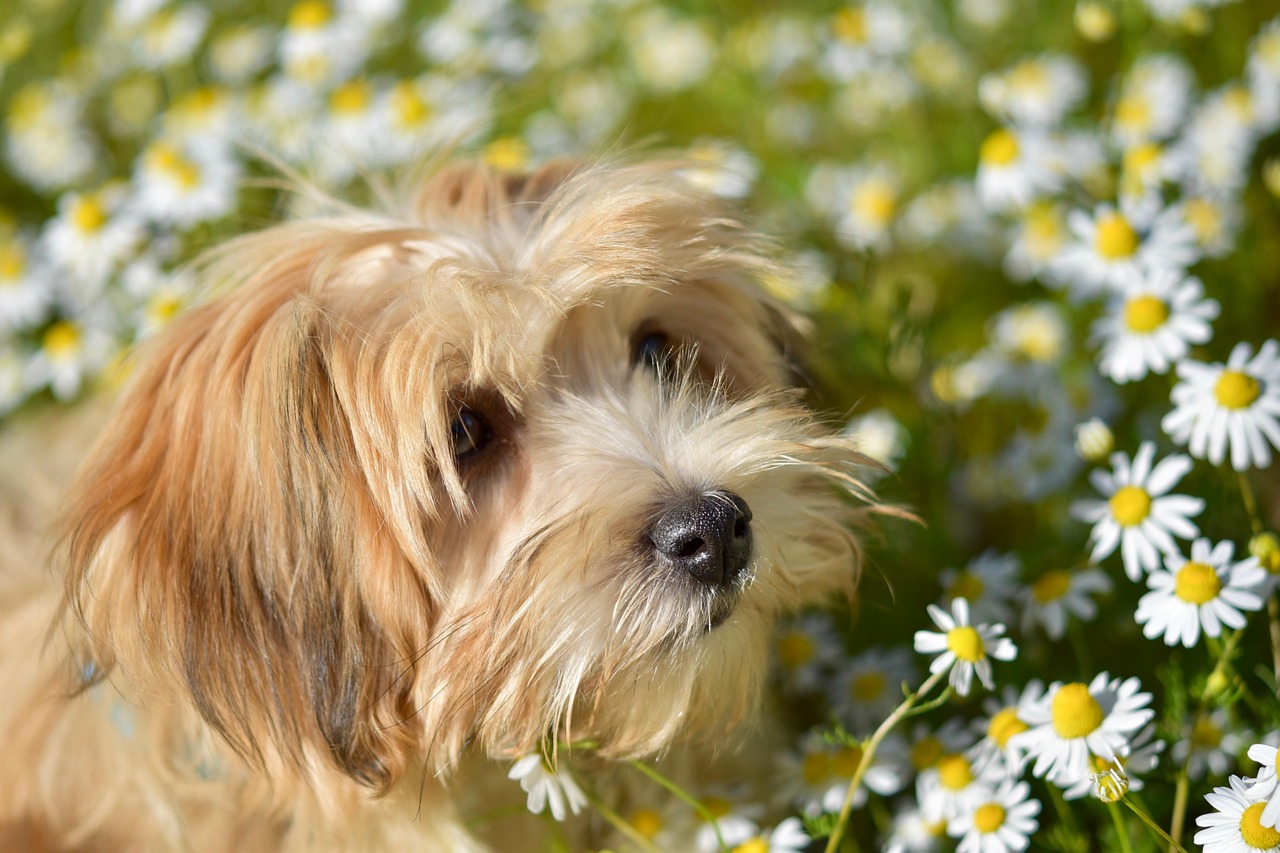
Havanese Breed History
Although the Havanese breed is now very popular, their history is rather complicated and dates back to the 17th century. These small dogs came with the Spanish to Cuba: from Tenerife, to be exact. These dogs soon appealed to the upper classes of Cuban aristocracy. Havanese, who were mainly bred to be companion dogs, became popular because of their cuteness and personality. As the years went on, many families emigrated with their dogs. And so, the Havanese were almost wiped from the planet.
But, in more recent years, American breeders have brought the breed back to life. This led to a resurgence of Havanese, and today, they can be found all over the world as companion animals. They are part of the bichon family of breeds. Besides the Havanese, this group includes the Maltese. These breeds might closely match in corresponding features and behaviors. Long hair is their most distinct feature.
Havanese Personality
Havanese are small, delightful creatures known for their playful and merry personality. Highly sociable and very fond of their owners. Their gentleness and small stature make them ideal for families with children. They are compatible with kids and pets. Also, they are incredibly smart and willful, making training Havanese simple. Although small, they are highly active and require moderate exercise. Havanese are also watchful and very alert, so they are great as little guardians.
They are attention seekers and always want to be involved with family life. But their need to be near people makes them unable to stay alone for long. This type of dog is perfect for owners who are home a lot, lead a less active lifestyle, and love grooming since the dog will enjoy being petted and combed. In conclusion, Havanese are happy, placid, and affectionate dogs that provide happiness to their owners, become irreplaceable companions for them, and become the children’s favorite pets.
Havanese Health
An owner carries a huge responsibility toward the health of a dog, and it is important to understand the necessity of each breed concerned. As such, different breeds are predisposed to various diseases; therefore, their owners need to know which ones may affect their four-legged companions over time.
Don’t forget about the breed’s genetics. Knowledge of the breeding line can often provide insight into potential problems, as many diseases are inherited. Havanese are small dogs that can likewise be prone to specific illnesses. Get ready if you dream of getting such a cute dog because you must know which diseases are common to this breed.
Skeletal Defects
Unfortunately, the Havanese is a breed with a vast array of potential developmental defects. Osteochondrodysplasia (OCD) skeleton defects are among the most frequent issues reported by owners to the veterinarian. OCD is a disease resulting from growth plate dysplasia in dogs. The first phases of the illness are asymptomatic; however, by later levels, pet house owners might discover their canine limp when exercised. And the dog can also become unnaturally rigid and clumsy in its movements.
Some things can make this disorder more likely, and so Havanese owners should make sure that they are providing as good a home as they can. Well-researched diets are vital for dogs to allow robust skeletal development. Do not overweight these dogs, in particular, because it can cause problems. Overexercising, which may overload the joints, is also a risk factor, so owners need to provide safe activity for dogs.
Visual Impairment
Hereditary eye problems like cataracts are also common in Havanese. Due to pathological processes, the lens becomes fully or partially cloudy, and these spots hamper light rays from penetrating the retina, thereby impeding visual acuity in dogs. As this disease is a leading cause of blindness in dogs, Havanese owners should be aware of the initial symptoms of the ailment.
If your dog has always had bright and shiny eyes but suddenly loses them and begins to look foggy, this needs to be addressed immediately! Bring your dog to a veterinarian who specializes in eye diseases. Cataracts in dogs cause many issues in their daily lives. Their vision is impaired, and they cannot traverse and play as they used to. Surgery may be needed, and it is very successful in getting dogs able to see normally once again.
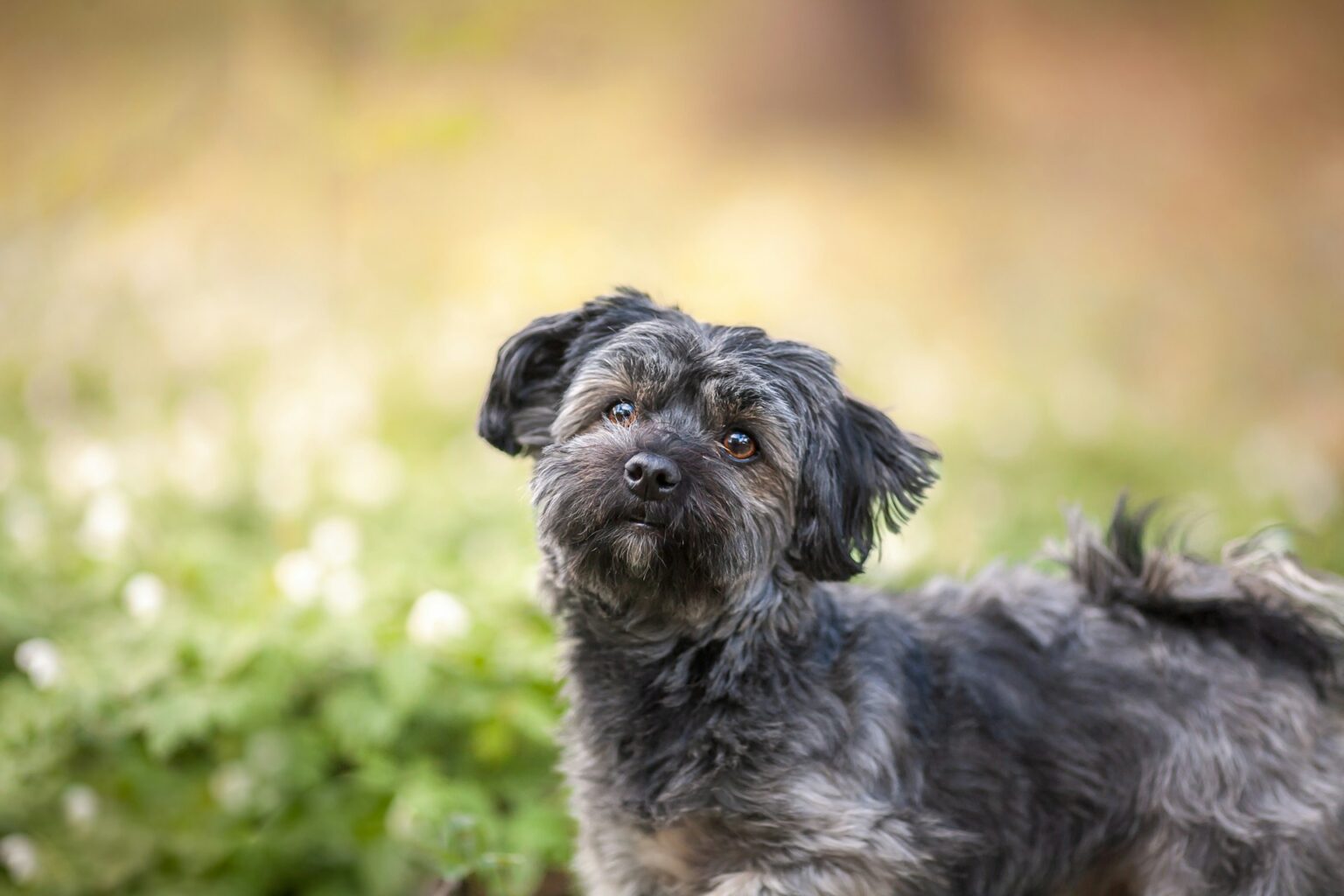
Dental Problems
Another common complaint among Havanese owners is dental issues in these dogs. In this breed, teeth fall out easily. There is incomplete dentition, which is a common complaint with this breed. This could be a lack of incisors, for example. Consequently, biting and chewing food can be a challenge for dogs. After that, the owner must feed the dog chopped and soft food.
And others may find toothless dogs unappealing. It becomes essential when you want to take your dogs for shows. So, if this bothers you, you might want to consider a different breed. Other dental problems include the build-up of tartar on the teeth. This can cause inflammation of the tissue surrounding the teeth and eventually loss of teeth. Hence, dental care for the dogs is equally important if you want to refrain from visiting the vet too often.
Heart Diseases
Havanese can have various heart disorders. This is one of the breeds that veterinarians commonly pick up heart murmurs. This, in short, is a long-term set of vibrations in the blood vessels or heart. Heart murmurs are frequently the earliest clue of heart disease in these animals. Owners may notice heart murmurs if their dog struggles to breathe after exercise has edemas, or lacks energy.
Heart diseases in dogs can be caused due to many factors. This is why you should prevent them, as they are deadly to dogs. Keeping the body weight and the dog’s physical condition is essential. The Havanese require some exercise for their health but should not be exercised too intensely. Pet owners are also urged to regularly take their animals to vets to test for heart disease.
Liver Diseases
Havanese also suffer from liver disorders. They frequently have a hereditary liver shunt. This is a real chronic health issue characterized by pathological blood flow. The dog’s blood does not move in its natural course through the dog’s body, bypassing the liver and causing a series of complications, one of which is liver failure.
This disorder is accompanied by a wide range of symptoms, which are insufficient to persuade the owner to get a distinctive vet. Hence, dogs suffer from common gastrointestinal disorders like diarrhea and vomiting. These could be mistaken for allergies or poison. There are also some other signs, like urination and odd behavior. Dog liver shunt is a condition you should not ignore, as it may need surgical treatment.
Havanese Care
You must know all your dog’s needs if you want to be a good, exemplary owner of a Havanese. Providing a safe environment for the dogs is paramount for a healthier and happier dog. Exercise is another important aspect of caring for a dog because, like all mammals, dogs also have special dietary needs that must be catered to. It also keeps them in shape and at a healthy weight, preventing a number of health issues.
Another aspect that influences dogs’ health and appearance is grooming. Brushing, bathing, and oral hygiene are indispensable to help prevent skin diseases and other diseases. Moreover, training is part of dog training, where you learn to train your dog in the necessary commands and rules that every dog should know.
Each breed has its individual requirements. So, it pays to get to know a breed’s needs before making the decision to buy a dog. Havanese are an incredibly charming and friendly breed, but they can also be demanding. Discover more and become proficient in this type of breed.
Safe Environment
Havanese are small, frail dogs whose environment needs to be safe. A safe space is one where the dog does not have access to a busy street or dangerous places. In addition, they are really sensitive to hot or cold, so make certain that the ambient temperature is right.
The perfect home for a Havanese is an apartment or house with a garden where the dog can find a safe place to play. These dogs do not require large spaces, but they really need the company of people. Being social animals, Havanese feel good only when they can be near a human who is ready to give them affection.
This breed suffers if its owner leaves it, so it is not the right pet for someone who is out and about very often. Being easygoing dogs, they are also good at tolerating other animals and children. That makes it the best family dog breed. Keep in mind that Havanese are highly social dogs and need attention and love; therefore, you should spend time with them to raise them in a friendly and safe environment.
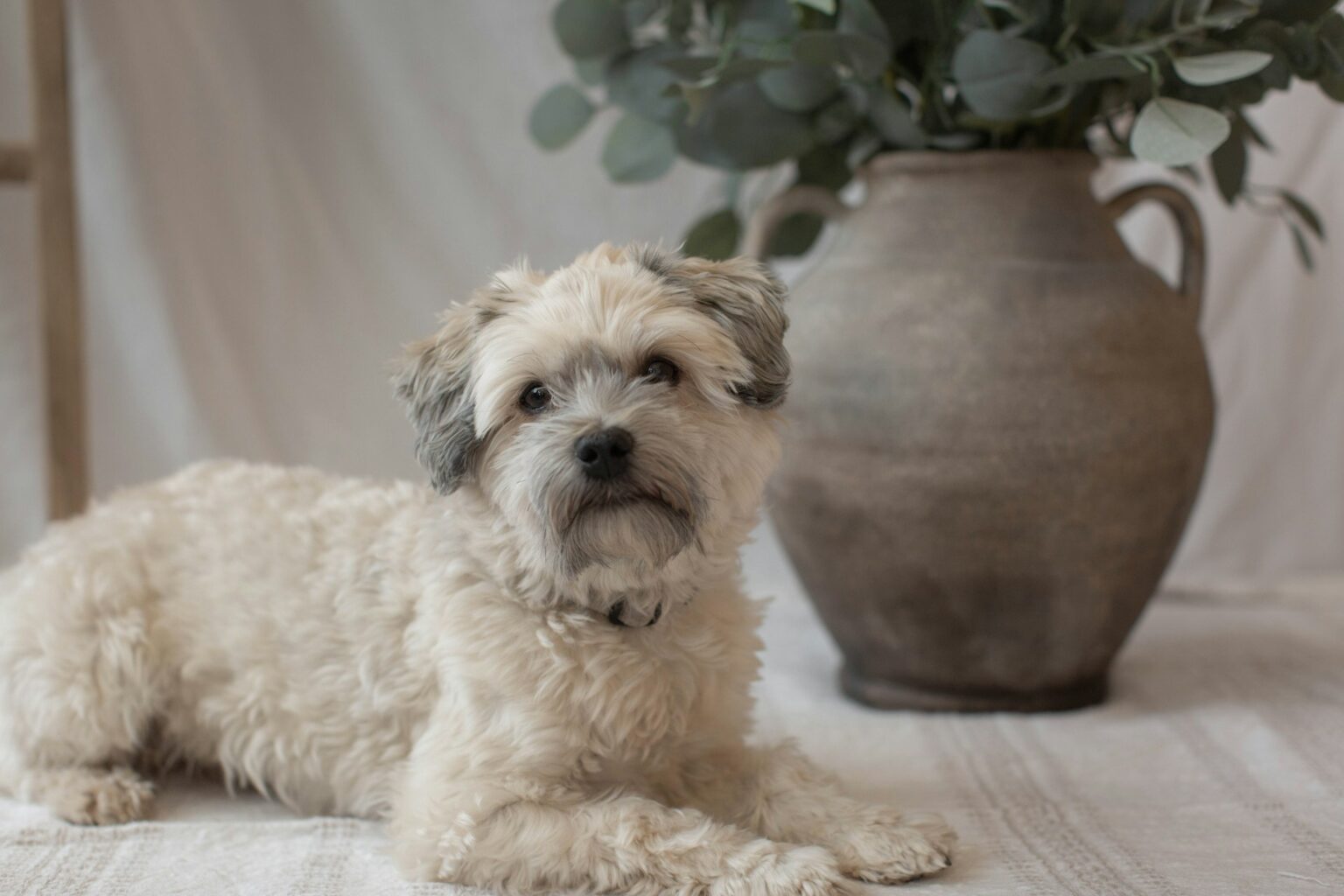
Diet and Nutrition
Your dog should eat high-quality food that provides all nutrients. Their diet should consist mainly of protein, which promotes muscle growth and general fitness. Healthy fats are also important, providing energy and supporting healthy skin and fur. Safe fruits and vegetables also have a place in a dog’s diet. But you should never feed your dog human food, particularly greasy, salty, and sweet foods, as it could negatively affect their health.
Frequent visits to a veterinarian will help change the dog’s diet according to its individual characteristics, considering age, breed, and degree of physical activity. Havanese are small dogs with a fairly moderate activity level, so ensure you don’t feed them excessively, as this could lead to weight gain and health issues.
Physical Activity
Havanese are active, social dogs that require a good amount of exercise to remain fit and happy. Daily exercise is a must for these dogs. But because they are small, you want to make sure the exercise is well below their intensity. Long and intense walks can be a bit much. Therefore, we recommend taking them for leisurely walks, which you can liven up with games of fetch or interactive games.
Playing with children can be a great form of exercise for these friendly pups. It is also desirable for dogs of this breed to run after a ball or frisbee. Because Havanese are smart and eager to learn, it is best to incorporate training sessions into their schedule to keep their minds sharp. Exercise keeps them fit and healthy and avoids any behavioral issues from boredom or too much energy.
Grooming
Havanese have minimal dietary and exercise requirements. However, future owners would have to be ready to devote tons of time to care for them. Long, thick hair is specific to the breed. Owners have to regularly trim the long fur that can become a nuisance to the dogs. If the fur is long, it will cover the eyes and affect the vision. Long-haired dogs are so much more exposed to dust particles that they require bathing more frequently.
Havanese should likewise have their hair brushed a few times a week or even every day to prevent tangles from framing mats. Taking care of these things is very important if you want your dog to have a beautiful and shiny coat and healthy skin. Other kinds of grooming include nail trimming. For those reasons, booking your Havanese into a professional grooming service that understands the appropriate care for this breed is imperative.
Training
Havanese are bright and playful and usually learn new commands quickly, though they can be relatively stubborn during training. Positive reinforcement is key — treats, praise, and play are great motivators to keep them engaged. Also, remember that a little patience is in order.
Ongoing training in shorter intervals helps because they remain focused on you, and play is retained in a lesson. This means that bad behavior should not be a problem for owners of this breed who invest the time to train their dogs. Havanese tend not to be that aggressive in general, but again, to be on the safe side, make sure to educate them on the rules. This especially applies if you have small kids.
Havanese Dog FAQs
Do you still have questions? Read more about Havanese breed dogs. Check out the frequently asked questions prospective owners ask. We hope this will provide you with everything you need.
How Much Does a Havanese Cost?
The price of Havanese puppies can range from a couple of hundred to a couple of thousand dollars. The cost of purebred dogs can vary dramatically depending on the kennel and pedigree. Dogs from recognized breeders concerned about health and breed standards usually command a higher purchase price.
What Size Is Havanese?
Havanese are small dogs. They’re larger than cats, but not a lot. They are over four kilograms in weight but normally under seven kilograms. They are not too tall either- 23–27 cm in height.
How Long Does a Havanese Live?
Havanese live long lives if they are in good health; they often live for well over 13 years. However, the prevalence of diseases can shorten the dogs’ lives.
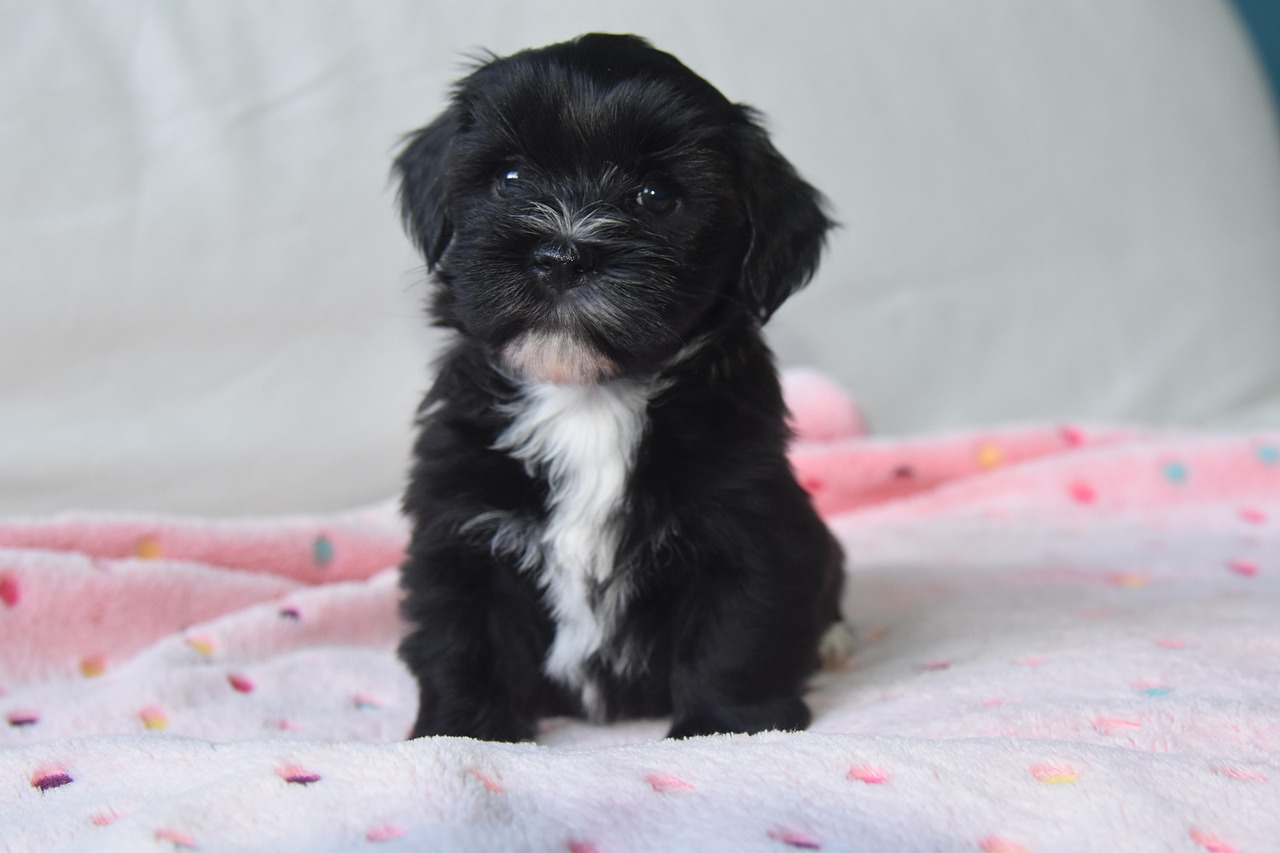
Summary
Havanese are friendly dogs and perfect for families with kids. They do not need much food as they are small, but grooming them takes a lot of time as they have long hair. The breed is adaptable to living conditions, so it will perfectly suit apartment owners and those with a house with a garden. Havanese are also great for older adults due to their social and low physical activity needs.
Source
- Alison N. Starr, Thomas R. Famula, Nathan J. Markward, et al. (2007). Hereditary Evaluation of Multiple Developmental Abnormalities in the Havanese Dog Breed.
https://academic.oup.com/jhered/article-abstract/98/5/510/2188507?redirectedFrom=PDF#no-access-message
- Havanese
- Appearance
- Havanese Breed History
- Havanese Personality
- Havanese Health
- Skeletal Defects
- Visual Impairment
- Dental Problems
- Heart Diseases
- Liver Diseases
- Havanese Care
- Safe Environment
- Diet and Nutrition
- Physical Activity
- Grooming
- Training
- Havanese Dog FAQs
- How Much Does a Havanese Cost?
- What Size Is Havanese?
- How Long Does a Havanese Live?
- Summary

